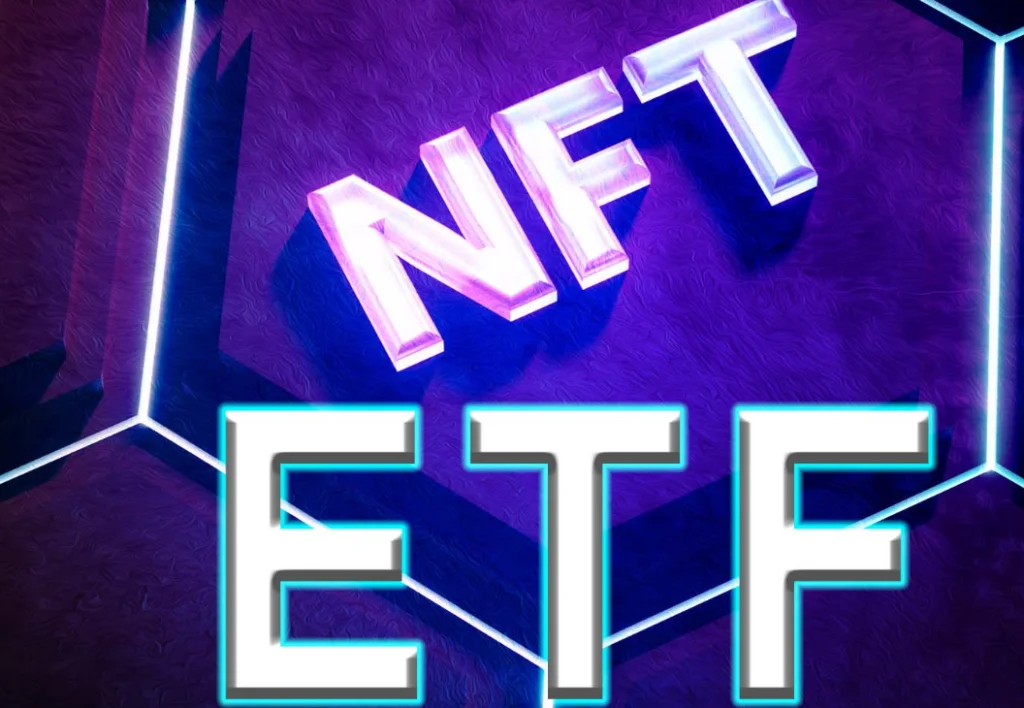Web3 experts assert that the approvals by the United States Securities and Exchange Commission (SEC) of the first spot Bitcoin exchange-traded funds (ETFs) in the United States could stimulate the declining nonfungible tokens (NFTs) ecosystem.

According to Bill Qian, chairman of crypto investment firm Cipher Capital, presumably, “alternative assets” such as NFTs will “benefit indirectly” from approving spot Bitcoin ETFs in the United States.
Qian thinks that the endorsement of ETFs will significantly impact the adoption of BTC by mainstream finance and presumably have repercussions on NFTs.
Qian explained, “The expanding awareness and acceptance of Bitcoin will likely spill over, arousing investor interest and appetite for NFTs.” Furthermore, he continued that a “broader embrace of NFTs” as a viable investment alternative to BTC could result from increased awareness and familiarity with digital assets.
Oscar Franklin Tan, a principal contributor to the NFT platform Enjin and chief financial officer of Atlas Development, believes that the spot Bitcoin ETF approvals will “boost NFTs.” The executive contended that “Bitcoin has NFTs,” alluding to the Ordinals protocol, whose 30-day sales volume has surpassed $800 million.
The ETF approvals are “crucial validation,” the executive further explained to Cointelegraph, as they indicate that the largest digital asset is now SEC-approved for retail. What he stated was:
“No one needs to explain anything. They can just point to the ETF, complete with the big names of BlackRock, Fidelity and Coinbase.
Furthermore, Tan predicted that Ether ETFs might follow Bitcoin ETFs to prominence, thereby reigniting interest in Ethereum-based NFTs. “This will bring attention back to the original Ethereum NFTs, such as Bored Ape Yacht Club and CryptoPunks, which have significantly more established communities and history than Bitcoin NFTs,” Tan continued.
As a positive indicator for the NFT market, Sergey Sheleg, chief product officer of the Web3 social platform Nicegram, characterized the integration of traditional financial structures such as ETFs with cryptocurrencies. According to the executive, this can potentially increase institutional participation and confidence in the NFT space.
The executive thinks that the rapid evolution of regulations about digital assets will “help the cause of NFTs,” which have impacted use cases such as identity management, ticketing, and fractional art ownership, in addition to the initial excitement.
Co-founder of the NFT gaming platform Upland, Dirk Lueth, stated that ETFs will simplify and diminish the perceived risk associated with entering the cryptocurrency market. This will increase confidence in expanding purchasing operations within the NFT sector.
Lueth’s confidence presumably increased with enhanced regulatory clarity, improved infrastructure, heightened market liquidity, and the anticipated decline in price volatility.
Furthermore, the approvals will affirm that the cryptocurrency industry is “here to stay and has a future in the U.S.,” according to the executive.
